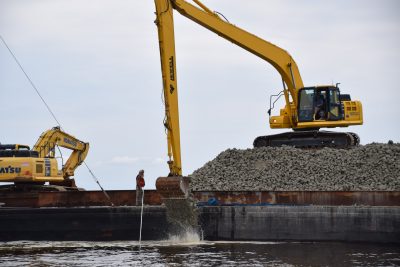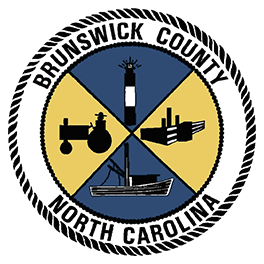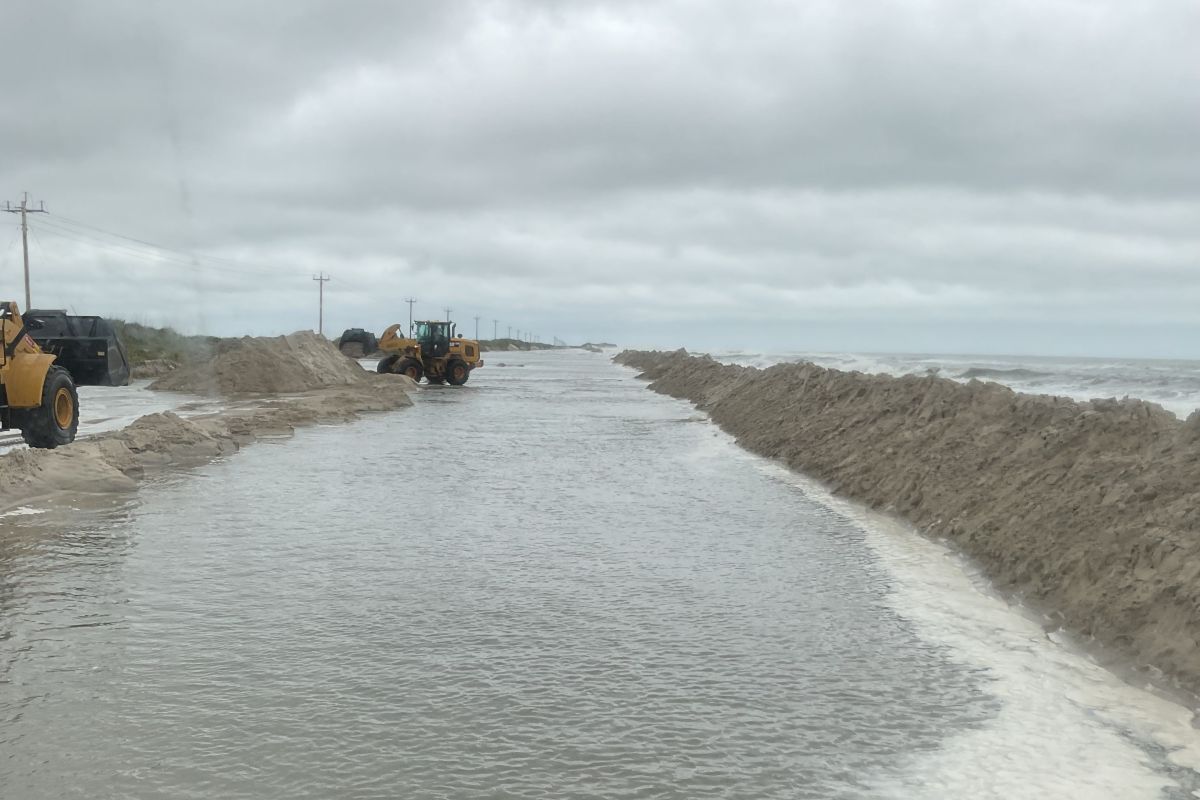OCEAN — The North Carolina Coastal Federation has received $1.088 million in funding from the National Oceanic and Atmospheric Administration to continue its oyster restoration work in Pamlico Sound. Construction on the second phase of the project is slated to begin in January.

This is the second year the federation has received funding from NOAA’s Community-based Restoration Program for its oyster restoration work. Last year, it was awarded a $1.275 million grant. By the end of the three-year period, the federation could receive up to $3.8 million for oyster reef construction. This funding supports the federation’s goal to build 50 acres of oyster reef statewide through its 50 Million Oyster Initiative.
Supporter Spotlight
Matching state budget appropriations from the North Carolina General Assembly have helped the federation receive this federal grant funding in 2016 and 2017. When combined with existing state funding, the budget provides $1.3 million to continue work on the Sen. Jean Preston Oyster Sanctuary Network.
Gov. Roy Cooper’s office also helped secure the federal grant funding. As part of the grant requirement, he wrote a letter to NOAA stressing the importance of oysters to North Carolina’s coastal economy and environment.
With last year’s funding, the federation partnered with the North Carolina Division of Marine Fisheries, Stevens Towing Co. Inc. and several universities to site and construct 15 acres of oyster reef — the Swan Island Oyster Sanctuary — in Pamlico Sound near the mouth of the Neuse River. These acres are part of the Sen. Jean Preston Oyster Sanctuary Network.
Through the NOAA funding and matching state appropriations, the federation and partners can get closer to the 50-acre goal of the 50 Million Oyster Initiative. With each acre supporting about a million oysters, that will restore 50 million oysters to the state’s coastal waters, the federation said, adding that each oyster is capable of filtering 50 gallons of water a day.
The projects also create habitat for oysters and other commercially important fish, including red drum and white, spotted and brown shrimp.
Supporter Spotlight
Todd Miller, executive director of the federation, noted the project’s economic benefits.
“The public-private partnership accelerated the state’s ability to restore oyster reefs, while leveraging additional grant resources and creating economic development opportunities by hiring North Carolina contractors to do the work,” Miller said. “This model will continue with this year’s funding and expand on these great efforts.”







